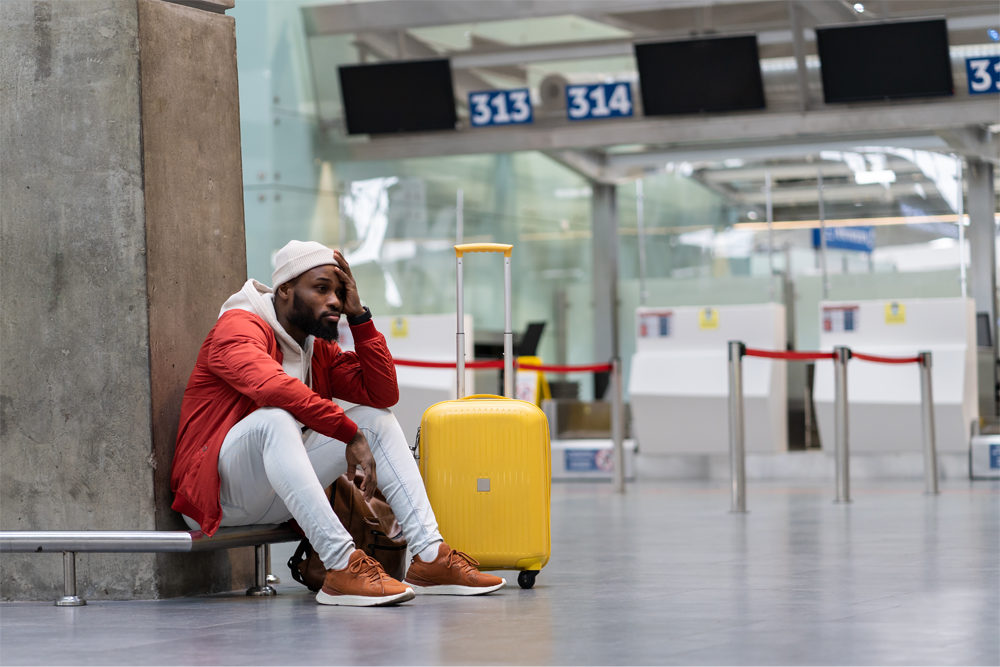Traveling should feel like a break. Holidays are supposed to be full of joy. But if you’re dealing with bloating, nausea, or a sudden Irritable Bowel Syndrome (IBS) flare up the minute your schedule changes, you’re not alone. Many people experience holiday stomach problems, especially when they’re on the road, navigating stress, or indulging in festive foods.
A 2025 survey shows that 42% of travelers have underlying gut health issues that can be exacerbated by travel, and 27% experience an upset digestive system when traveling.
Your digestive system is more sensitive than you may think. Between the changes in routine, unfamiliar foods, emotional pressure, and traveling itself, your gut ends up taking a beating, often without warning. And if you already live with conditions like IBS, acid reflux, or motion sickness, this time of year can feel like a minefield.
Here’s the truth: stress and digestion are deeply connected, and holiday gut issues are common. But they’re also preventable. Whether you’re managing nausea while traveling or looking to prevent stomach issues during the holidays, understanding what’s going on in your body is the first step.





